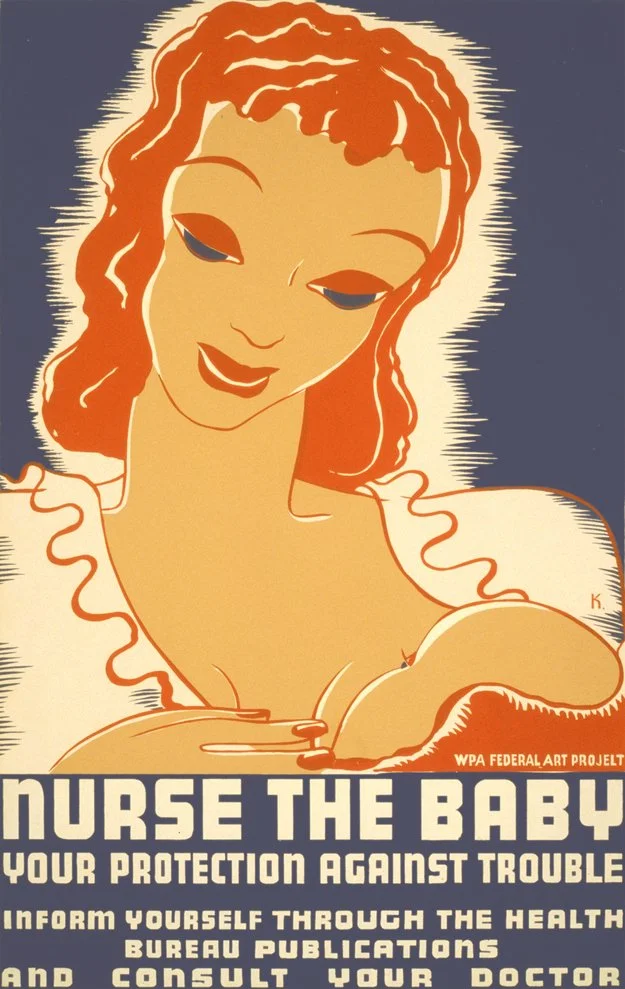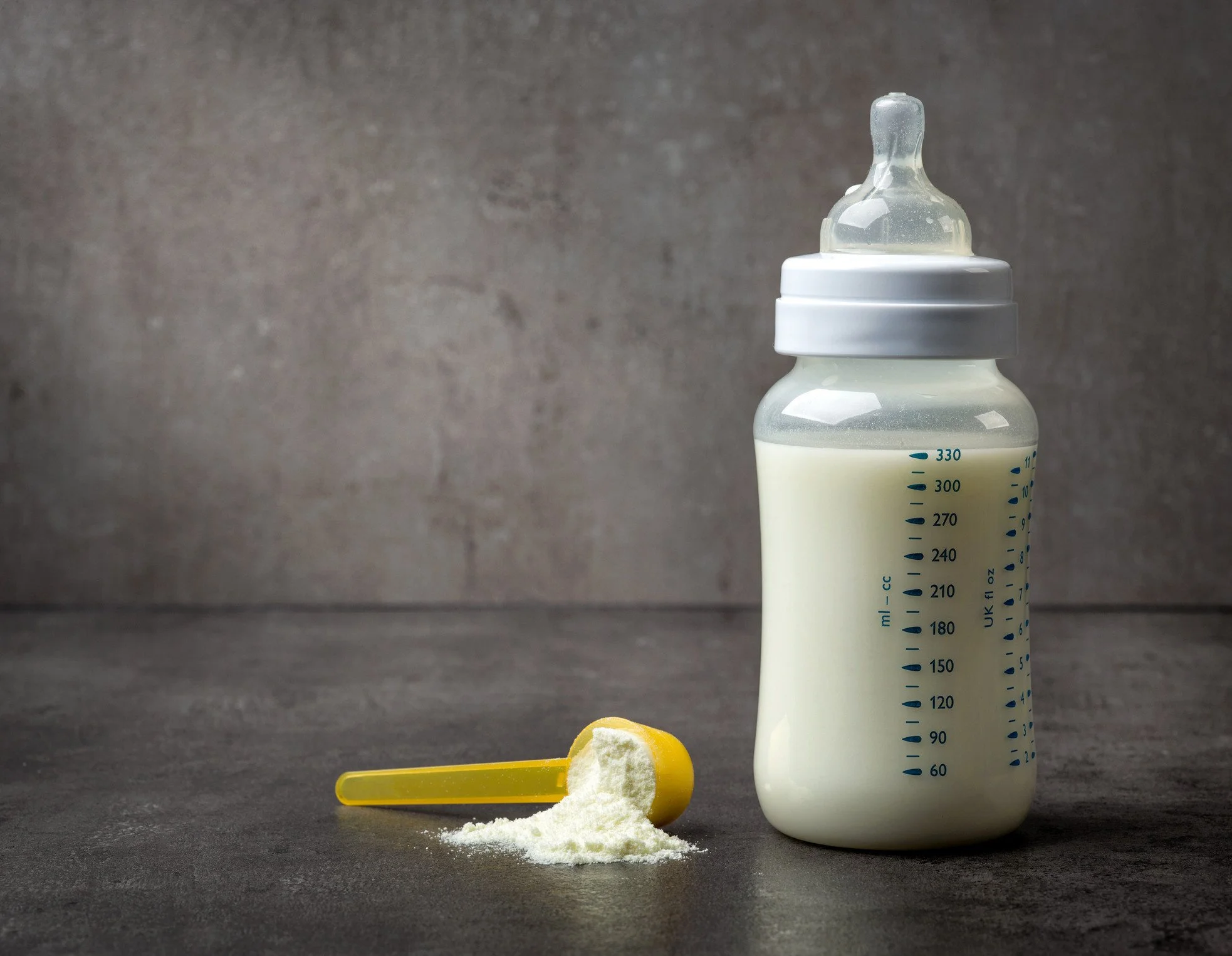Formula Milk Company Controversy
How a baby is fed during its early life is surely one of the most universal and ancient conversations in the history of humanity. Today I’m going to refer to a recent article published by the World Health Organisation alongside some information about the history of breastfeeding.
Breast milk provides a range of benefits to mother and baby. The skin-to-skin contact can enhance the emotional connection between mother and infant. It is convenient and cost-effective. Breastfed babies have fewer infections and hospitalisations than formula-fed infants; during breastfeeding, antibodies and other germ-fighting factors pass from a mother to her baby and strengthen the immune system.
However breast feeding is not straightforward! Mothers need a lot of support and encouragement, especially in the early post-natal stages when they can be particularly exhausted, vulnerable, confused and lacking in confidence.
Formula milk is a valuable resource for parents. Some mothers are not able to create their own milk or struggle with the baby ‘latching on’. Many use a combination of formula with breast milk.
Some mothers will go back to work after a short time after birth and so formula milk provides the ability to do this. This creates a game-changing freedom for women where previously it was not an option to get back to work so quickly.
Indeed there are a number of situations in which babies are not with their birth mother and so formula milk is the only source of nutrition. in those situations, before the availability of infant formula, unless a wet nurse was found promptly, the baby might die and infant mortality rates were high.
Wet nurse.
During the early 20th century, breastfeeding started to be viewed negatively, especially in Canada and the United States, where it was regarded as a low class and uncultured practice. This likely stems from the historical attitude to breast feeding as being done by the lower classes, while the higher classes could afford a wet nurse.
From the 1960s onwards, breastfeeding experienced a revival, although negative attitudes towards breastfeeding were still entrenched up to 1990s, the legacy of which still lingers today.
A 1960s advertisement to encourage more Brest feeding.
Needless to say, formula milk is a massive profit making industry and the more breastfeeding happening, the less formula milk is being bought.
There has been a long history of unregulated and invasive advertising, mis-information and exploitation by formula milk companies in many parts of the world. A lot of people don’t realise that this includes the UK and that it is an issue that has not diminished.
A recent article published on 22nd February 2022 by the World Health Organisation looks at a report made by WHO/UNICEF. The report is entitled: ‘How marketing of formula milk influences our decisions on infant feeding.’
https://www.who.int/news/item/22-02-2022-more-than-half-of-parents-and-pregnant-women-exposed-to-aggressive-formula-milk-marketing-who-unicef
According to the report – which surveyed 8500 parents and pregnant women, and 300 health workers in cities across Bangladesh, China, Mexico, Morocco, Nigeria, South Africa, the United Kingdom and Viet Nam – exposure to formula milk marketing reaches 84% of all women surveyed in the United Kingdom; 92%of women surveyed in Viet Nam and 97% of women surveyed in China, increasing their likelihood of choosing formula feeding.
Shockingly, as well as parents being directed by targeted advertising, the report notes that health workers were also targeted. This is very alarming as so many parents rely on their health workers for support and education about the care for their babies. It is always assumed and hoped that health workers have the utmost integrity in their advice. Unfortunately it seems this integrity has been compromised.
Alarmingly, the report notes that large numbers of health workers in all countries had been approached by the baby feeding industry to influence their recommendations to new mothers through promotional gifts, free samples, funding for research, paid meetings, events and conferences, and even commissions from sales, directly impacting parents’ feeding choices. More than one third of women surveyed said a health worker had recommended a specific brand of formula to them.
While the use of formula milk is a great asset to the survival rate and continued sustenance of infants as well as the functioning of society, it is integral that parents are empowered and educated correctly in order to make their own choices independent of powerful and unethical advertising.
“False and misleading messages about formula feeding are a substantial barrier to breastfeeding, which we know is best for babies and mothers. We need robust policies, legislation and investments in breastfeeding to ensure that women are protected from unethical marketing practices – and have access to the information and support they need to raise their families.”
Ref: https://www.health-foundations.com/blog/2015/01/05/a-brief-and-fascinating-history-of-breastfeeding-and-its-alternatives
If you are struggling with breast feeding, suffering from post natal depression or needing general support after giving birth please book an appointment with Dr. Siobhan Graham at Vitalis Health for a private GP appointment in Belfast City Centre NI. We are open Monday to Friday and offer same-day private GP appointments. You can book blood tests in the clinic or order home blood tests to check for deficiencies. Vitalis Health offers an extensive phlebotomy (blood test) service 5 days a week.. If you are concerned about fertility then you can book a testosterone blood test, harmony test, erectile dysfunction check.
You can also check out our range of wellness check ups which will measure your Blood pressure, height and weight taken to estimate risk of heart disease. It also is accompanied by a full written report with recommendations compiled by private GP Dr. Siobhan Graham.
Dr. Graham brings 20 years of medical experience to her practice as well. Her extensive life experiences daily inform her medical practice including what she learned while travelling around the world, her sports and yoga practice, her family like including having two small daughters as well as supporting her brother Christoper who has Down syndrome. She understands the complexities of each medical condition and how they can affect individuals differently. Book a next day or same day appointment by contacting the Belfast City Centre clinic on: +44(0)2896913000






